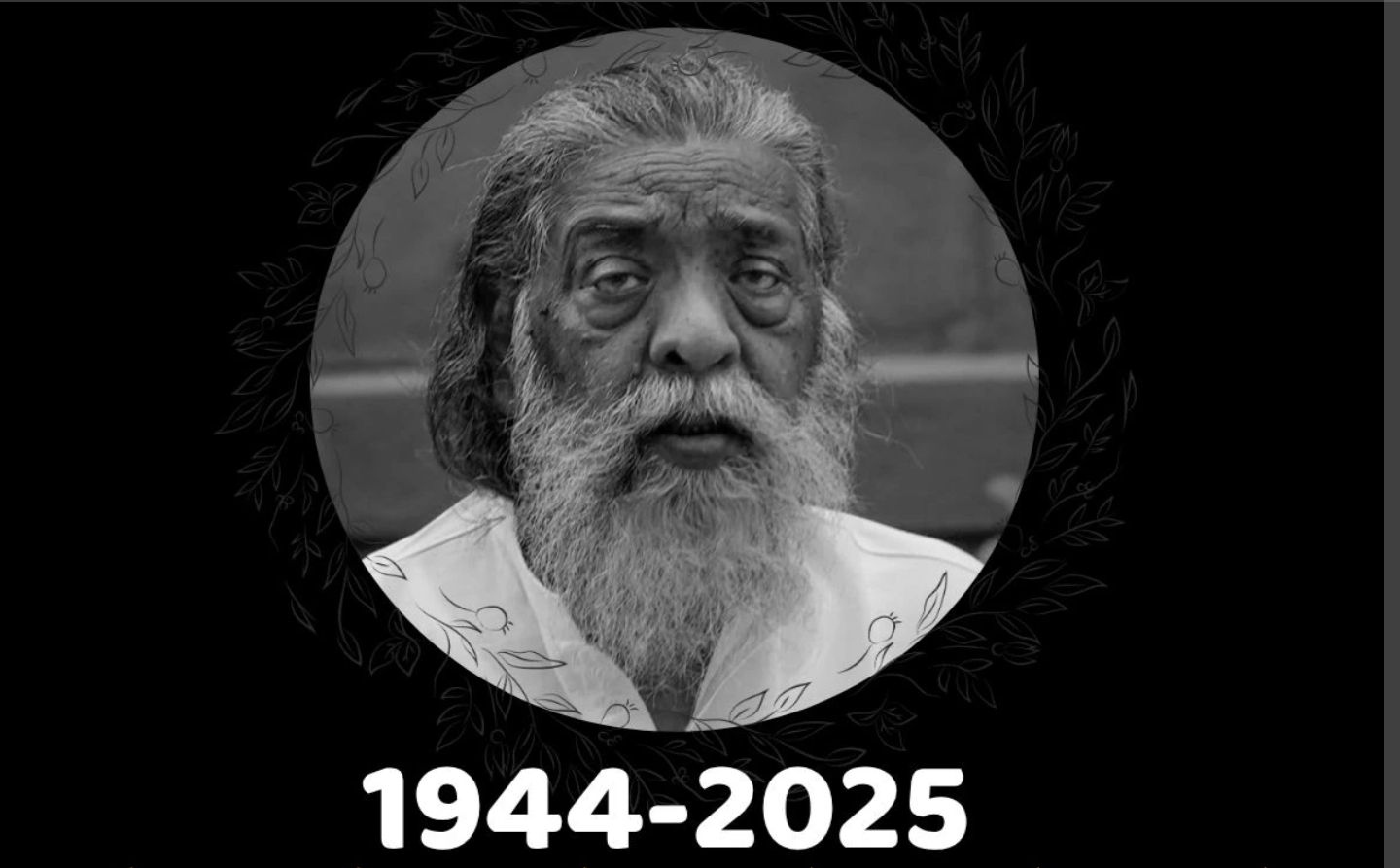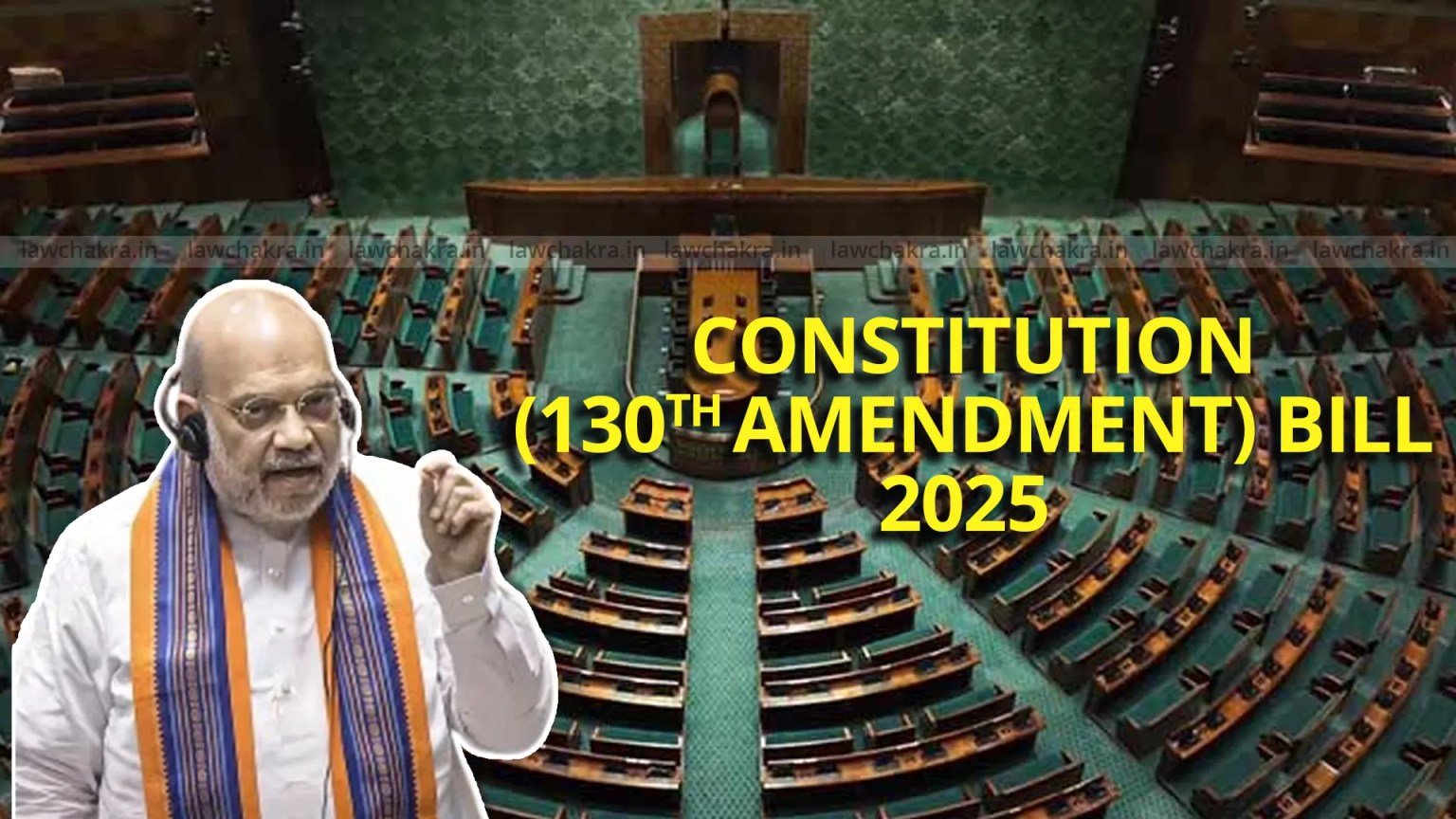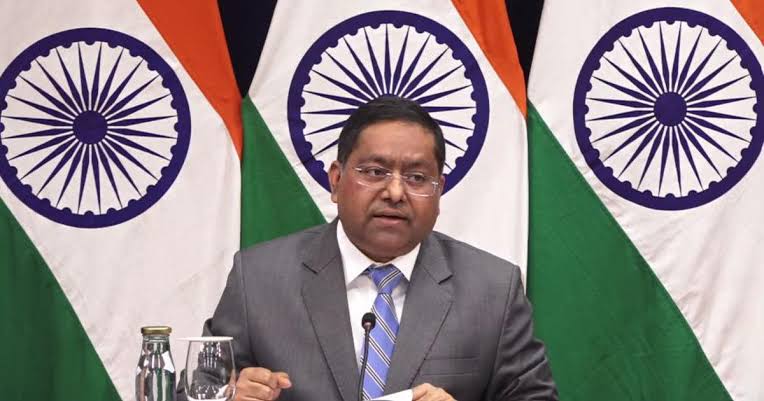After France, the UK Proposes Recognition of State of Palestine

British Prime Minister Keir Starmer has announced a significant policy shift: the UK will recognize the state of Palestine in September unless Israel agrees to a cease-fire in Gaza and commits to a broader peace process. This decision dramatically escalates international pressure on Israel amidst the severe humanitarian crisis in Gaza, which is facing widespread famine. Starmer's move reflects intense domestic political pressure, as images of starving children have deeply affected the British public and lawmakers within his own Labour Party.
Starmer framed this potential recognition as part of a wider European effort to bring an end to the devastating conflict. He reiterated crucial demands for Hamas, including the release of all remaining hostages, agreement to a cease-fire, and acceptance of no future role in Gaza's governance. However, the primary target of his statement was Israel, emphasizing that its government must agree to halt the annexation of the occupied West Bank and commit to a peace process leading to a two-state solution.
These conditions are highly unlikely to be met by Prime Minister Benjamin Netanyahu's right-wing government, which has consistently expressed strong opposition to Palestinian statehood, viewing it as a security threat. Britain's decision, therefore, is poised to further deepen Israel's diplomatic isolation, particularly following its abandonment of a truce with Hamas and the resumption of its military offensive in Gaza. The symbolic weight of this move is considerable, given Britain's historical involvement and diplomatic stature in the Middle East, including its pivotal role in the creation of Israel through the 1917 Balfour Declaration.
Starmer's personal evolution on this issue is notable. Previously, he was reportedly ambivalent about recognizing a Palestinian state, considering it a "performative" gesture with little practical impact and potential for complicating cease-fire negotiations.
However, mounting warnings of starvation in Gaza, coupled with Israeli restrictions on aid delivery, altered his calculus. A letter signed by over 250 lawmakers, including many from Labour, urging recognition at a UN conference devoted to the two-state solution, underscored the growing domestic demand for action.
Foreign Secretary David Lammy further articulated Britain's position, referencing the Balfour Declaration's unfulfilled promise to protect the civil and religious rights of Palestinians, calling it a "historical injustice." He highlighted Britain's humanitarian efforts, including aid airdrops and medical evacuations, as part of a comprehensive approach to alleviate suffering. For Starmer, a former human rights lawyer, the agonizing scenes from Gaza clearly spurred this decisive shift, aligning Britain's foreign policy more closely with public sentiment and a renewed push for a stable future in the Middle East.

 1 month ago
1 month ago











[[comment.comment_text]]